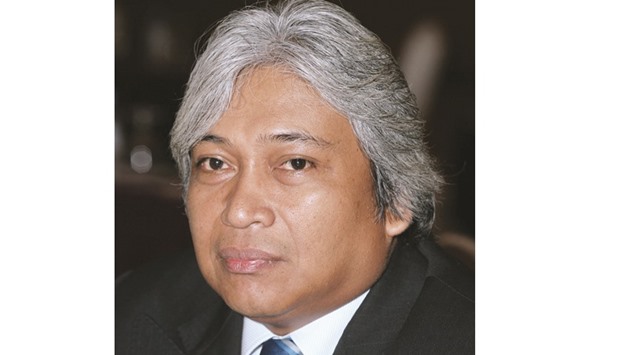Malaysia’s second-biggest Islamic bond arranger predicts sales will more than double over the next six months after new central bank governor Muhammad Ibrahim unexpectedly cut interest rates.
RHB Investment Bank Bhd forecasts total issuance of 63bn ringgit ($15.5bn) by year-end, just shy of 2014’s second-best on record. Sukuk yields dropped to the lowest since 2013 after policy makers surprised all but one of 18 economists by reducing borrowing costs last month. Short-maturity yields are signalling more reductions.
“I expect a stronger issuance pipeline in the second half of 2016 as borrowing costs are expected to remain low,” said Angus Salim, the Kuala Lumpur-based head of markets at RHB Investment. “Issuers are taking advantage of the cost savings.”
Strong demand will drive fundraising by companies building highways, railways and power plants under Prime Minister Najib Razak’s $444bn development program started in 2010. The incoming central bank chief, faced with a slowing economy amid falling oil revenue and weaker exports, cut interest rates for the first time in seven years last month.
DanaInfra Nasional Bhd and Prasarana Malaysia Bhd, which are either building or funding the extension of Kuala Lumpur’s subway and overhead rail networks, are seeking to tap the market and are among the top three sukuk issuers this year.
Malaysia’s 10-year Islamic bonds yield 3.73%, while five-year debt pays 3.37%, central bank indexes show. Two-year yields have fallen to 2.70%, below Bank Negara Malaysia’s overnight policy rate of 3% and the lowest since 2010.
“The lower borrowing costs are encouraging companies to refinance their debt and front-load their funding needs,” said Mohd Effendi Abdullah, the Kuala Lumpur-based head of Islamic markets at AmInvestment Bank Bhd, Malaysia’s fourth-biggest sukuk arranger.
Issuance of Shariah-compliant bonds in the world’s largest sukuk market rose 19% to 29.3bn ringgit in 2016 from the year-earlier period, according to data compiled by Bloomberg.
Sarawak Hidro Sdn, the state-owned developer of Malaysia’s biggest hydropower project, announced plans to offer 5.5bn ringgit of sukuk, while Malaysia’s Public Sector Home Financing Board is seeking to raise 7bn ringgit to 10bn ringgit via Islamic and conventional bonds this year.
“Companies will likely take advantage of the lower borrowing costs as yields are expected to remain stable for the rest of this year,” said Edward Iskandar Toh, chief investment officer for fixed income at Areca Capital Sdn, which oversees 500mn ringgit in Kuala Lumpur. “Demand will still be there as evidenced in recent offerings.”

Ibrahim: Unexpected cut in interest rates.
